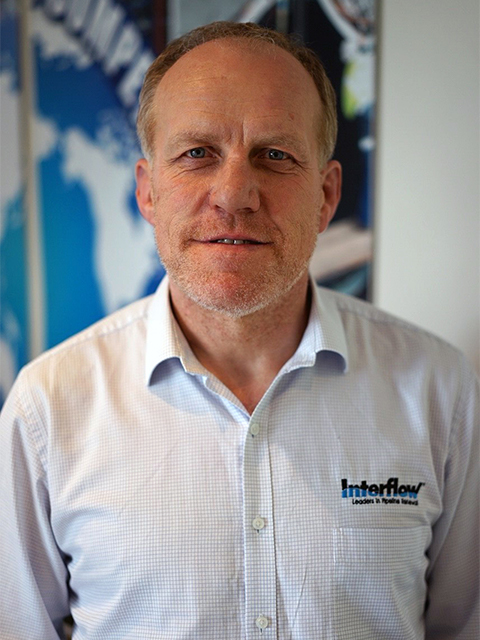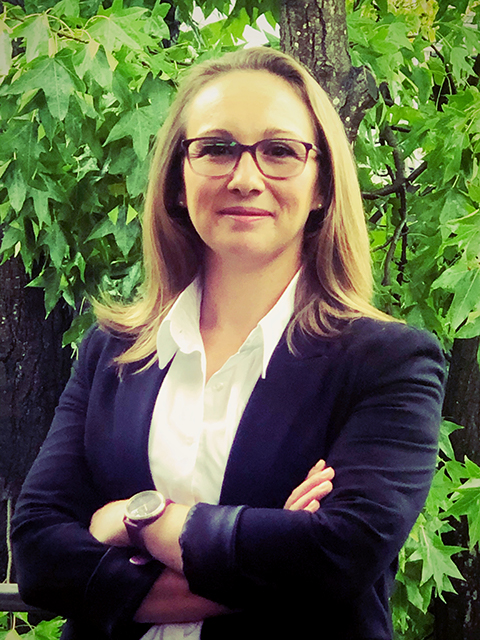
Leaders are invaluable when it comes to driving culture: they formulate and communicate new strategic directions, playing a critical role in empowering their people to achieve a common goal as a unified force.
On a mission to empower its people, pipeline infrastructure company, Interflow, embarked on a journey with specialist leadership partner, Brave Insights. Together, these organisations are setting the tone for how leadership is transforming culture – now and into the future.
Starting off as a two-man band in 1936, Interflow focussed on building pipelines to service the needs of Australia’s growing population. As the company evolved it became recognised as a pipeline infrastructure expert, through pioneering trenchless pipeline rehabilitation. As a result of its progressive approach to innovation, the company surged in size and capability. Today, Interflow employs over 600 people who work on some of the largest and most complex water infrastructure projects across Australia and New Zealand.
Having experienced significant growth in the past five years, Interflow understands the challenges associated with keeping a geographically dispersed organisation aligned and motivated to work towards a common goal. In the constantly evolving construction industry, where digitisation, social, environmental and economic shifts are commonplace, the business recognised that its leaders needed to be agile, empowering and resilient.
Interflow’s Executive General Manager – Corporate Strategy, Graham Reid, discusses the company’s commitment to continual improvement in this area.
“Although Interflow has operated under a steadfast set of core values since its inception, we’ve recently had an intense shift in focus – really emphasising unity among our people and our ‘One Interflow’ philosophy,” he said.
“Particularly as our company continues to grow rapidly, it’s important that we find a way to unify our people, new and old, on issues pertaining to our culture, vision and mission.”
To facilitate the evolution and alignment of its growing leadership team, Interflow engaged Brave Insights, a provider specialising in leadership development driven by client insight.
The Founder & Director of Brave Insights, Kimberly Luffman, attests to the importance of a healthy company culture.
“Culture is evident in the way we do things and will determine how we work towards the organisation’s goals. Articulating a clear model for how things are done, and the behaviours expected can mobilise people to achieve in a more productive way,” she said.
“When a company’s leadership team is on the same page regarding values and behaviours, it has a significant impact on the culture that is created, which, if positive, has benefits for employee wellbeing and organisational productivity.”
Brave Insights offers a range of bespoke leadership solutions designed to harness the leadership potential of an organisation and the people within it. The aim is to create the leadership capacity within an organisation in a way that delivers value for the organisation, its people, and its stakeholders.
Graham highlights how Interflow’s participation in the sessions has impacted the organisation’s leadership team.
“We initially engaged Brave Insights to run a 12-month program with our Executive team, to equip them with tools to address a range of organisational challenges, including our rapid growth,” he said.
“The program was so successful, that we decided to extend it to 31 of the company’s senior and emerging leaders. The goal here was to not only empower them but help them to mobilise their teams to realise their potential and be their best.”


Kimberly discusses the difference between an individual’s leadership capability and capacity, and the role these concepts play in shaping a positive leadership culture.
“Capability is the skills or abilities we can deploy towards solutions. Capacity is the state of mind that enables us find a more robust, deeper understanding of the challenge which can open up more possibilities for progress,” she said.
“In our leadership programs we seek to build managers’ capacity and capability for leadership, helping them to make progress on the core issues facing the organisation and its people, which often includes the internal culture.”
United by purpose and values, management roles can have a significant positive impact on an organisation’s ability to adapt to change and overcome challenging circumstances.
“We don’t tell people how to fix a specific problem or challenge,” Kimberly said.
“Rather provide them with the tools and frameworks to develop a better understanding of their challenge and make progress towards the solution.”
Graham outlines how the course learnings will aid the company throughout this period of immense growth.
“Humans are complex, so is leadership,” he said.
“This program has enhanced our leaders’ ability to coach, communicate and give our people the necessary tools to excel in their positions. Ultimately, it has taught them how to lead strategically and empathetically, garnering enthusiasm for the company whilst bringing out the best in our people.”